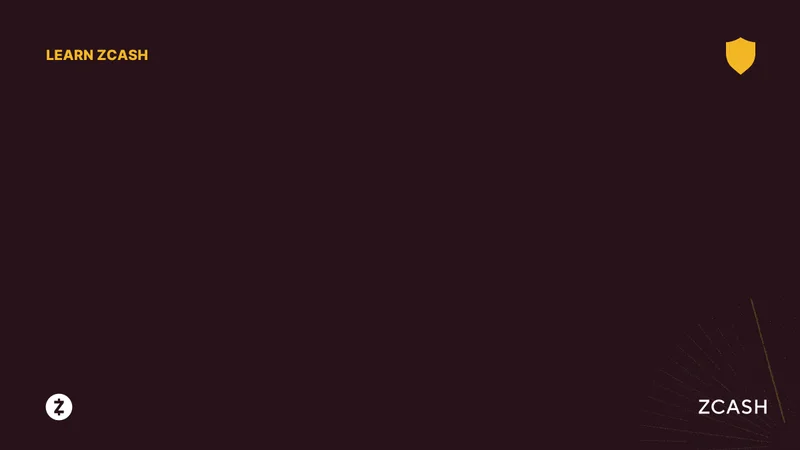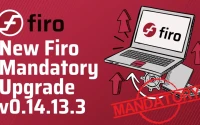Okay, let's talk about Zcash. Specifically, the frankly absurd 700% surge it's seen since September. The headlines scream "privacy renaissance," fueled by regulatory crackdowns on Bitcoin privacy tools and a renewed interest in cypherpunk principles. Galaxy Digital is pushing the narrative that Zcash is "encrypted Bitcoin," a return to form for those wary of on-chain surveillance.
Digging Into the Numbers
But let's pump the brakes for a moment. A 700% increase? That's not organic growth; that's a parabolic spike. While it's true that Zcash has seen increased adoption of its shielded transactions – reportedly 30% of the supply is now shielded – we need to ask if this is actual utility or manufactured hype.
One article notes that Zcash broke out of its flag pattern on October 24th, which marked the beginning of a new rally leg. The token is now trading near $518, up 18% in the last 24 hours. The next key resistance lies at $594, aligned with the 1.618 Fibonacci extension level. A breakout above this level could open the way toward $847, the 2.618 target – a potential 60% rise from current prices.
The argument is that Zcash’s fundamentals haven’t radically changed overnight, but the perception around the technology has. And perception, as we know, can be manipulated. The crackdown on Bitcoin privacy tools like Samourai Wallet and Wasabi (one shut down for US customers, the other had its founders facing jail time) certainly creates a vacuum. If Bitcoin privacy is being squeezed, logically, something else will have to take its place.
Zcash is the largest privacy-focused crypto by market cap, with a total value of $6.5 billion.
But here's where things get interesting. It's not just Zcash that's seeing a bump; Monero and Dash are also up significantly, 130% and 400% respectively. Are we seeing a genuine flight to privacy, or are these coins simply riding Zcash's coattails? Maybe the rising tide lifts all boats... or at least, all privacy-focused boats.

Questioning the Narrative
The Galaxy Digital report points to the new Zashi wallet and cross-chain integrations as drivers of adoption. These tools make private transactions simpler. But is this a genuine groundswell of user demand, or is it being amplified by a few influential voices? It's worth noting that some prominent voices, like economist Lyn Alden, are calling this a "coordinated token pump," warning traders against becoming "exit liquidity." Why Zcash price is up 700% since September, according to Galaxy Digital
And this is the part of the report that I find genuinely puzzling. The article cites Andreessen Horowitz highlighting record user metrics for Zcash and Railgun this year, including the Ethereum Foundation’s launch of its new 47-member “Privacy Cluster.” But where's the hard data? User metrics can be defined in countless ways. What constitutes a "user"? A single transaction? A downloaded wallet? Without knowing the methodology, those metrics are meaningless.
The other question is: how private is Zcash, really? While it offers shielded transactions using zk-SNARKs (zero-knowledge succinct non-interactive arguments of knowledge), not everyone uses them. A significant portion of Zcash transactions are still transparent, negating the privacy benefits for everyone. It's like wearing a mask in a crowded room where everyone else is unmasked; you're only marginally safer. The larger the shielded pool, the harder it is to trace flows.
The report also mentions that the European Parliament is moving towards banning privacy coins on EU exchanges by 2027. This is framed as a threat to privacy, but it could also be a self-fulfilling prophecy. If regulators are actively targeting privacy coins, wouldn't that increase the incentive for pump-and-dump schemes, knowing that the window of opportunity is closing?
Retail selling slows as large wallet inflows dominate, which confirms that the Zcash price rally is far from over.
So, What's the Real Story?
Ultimately, I think Zcash's surge is a confluence of factors: a genuine desire for privacy in a world of increasing surveillance, opportunistic marketing, and perhaps a bit of good old-fashioned crypto speculation. Is it the future of money? Maybe. But I wouldn't bet the farm on it just yet.









